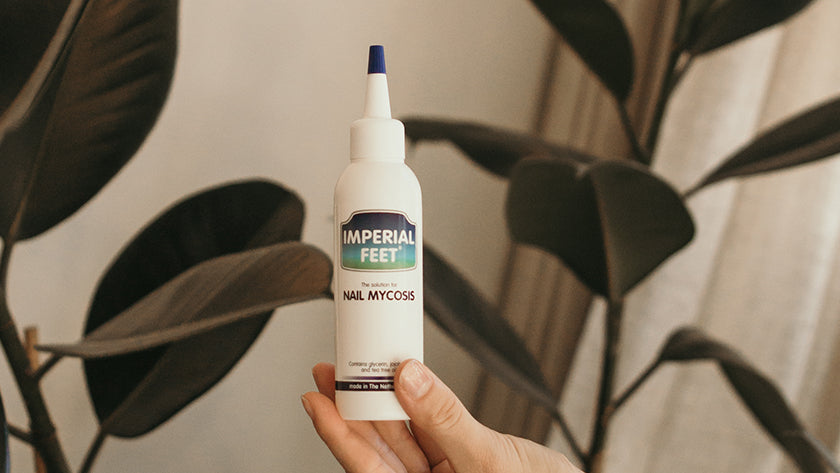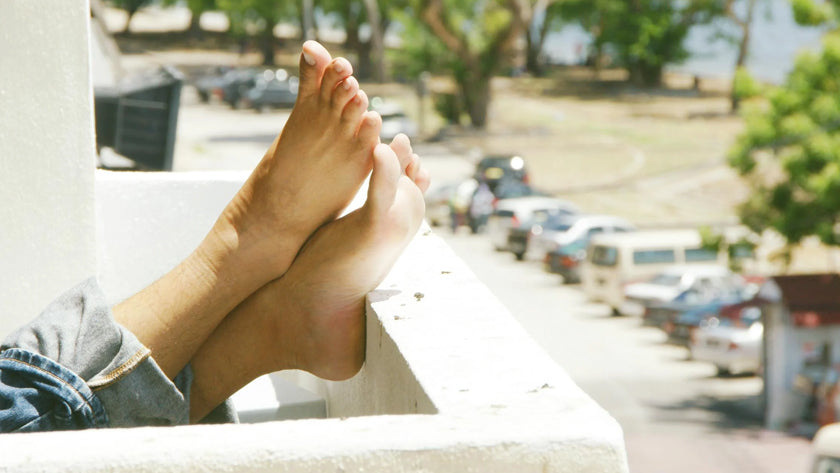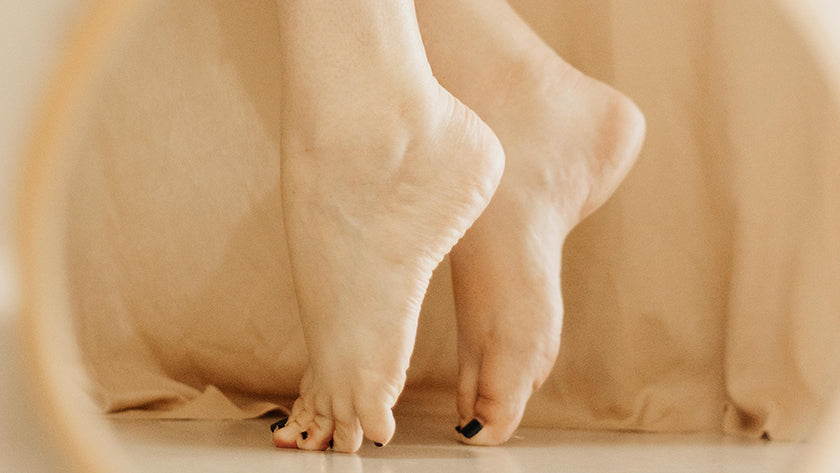
Why is Vinegar Bad for Nail Fungus?
Nail fungus, medically known as onychomycosis, is a common condition that affects many people worldwide. It is caused by an overgrowth of fungi in, under, or on the nail. While there are various home remedies and over-the-counter treatments for nail fungus, one popular remedy is vinegar. However, using vinegar to treat nail fungus may not be the best option, and here's why.
1. Vinegar's Limited Antifungal Properties
Vinegar, particularly apple cider vinegar, is often touted for its antifungal properties. While it may have some effect on certain types of fungi, its effectiveness against the specific fungi that cause nail infections, such as dermatophytes, is limited. This means that vinegar may not be strong enough to completely eradicate the fungus causing the infection.
2. Ineffectiveness Against Deep-seated Infections
Nail fungus can be stubborn, often penetrating deep into the nail bed and surrounding tissues. Vinegar, when applied topically or used as a soak, may not reach these deep-seated infections effectively. This can result in incomplete treatment and a higher likelihood of recurrence.
3. Potential for Skin Irritation
Undiluted vinegar can be harsh on the skin, especially on sensitive areas like the nail bed and surrounding skin. Prolonged exposure to vinegar can lead to skin irritation, redness, and even chemical burns. This can further compromise the health of the nail and surrounding tissues.
4. Delay in Seeking Proper Treatment
One of the drawbacks of relying solely on vinegar for nail fungus treatment is that it may delay seeking proper medical advice and treatment. Nail fungus can sometimes be a symptom of an underlying health condition, and it is important to consult a healthcare professional for an accurate diagnosis and appropriate treatment plan.
5. Risk of Discoloration and Damage to the Nail
Vinegar, particularly when used in high concentrations, can cause the nail to become discolored and brittle. This can further weaken the nail and make it more susceptible to secondary infections. Additionally, the acidic nature of vinegar can damage the nail plate over time.
In conclusion, while vinegar may have some mild antifungal properties, it is not the most effective or recommended treatment for nail fungus. It is important to consult a healthcare professional for a proper diagnosis and use a treatment with natural ingredients that is hard on the infection, but soft on the nails and skin. Imperial Feet Nail Mycosis only contains natural ingredients and is created to heal the source of the infections.
Blog posts
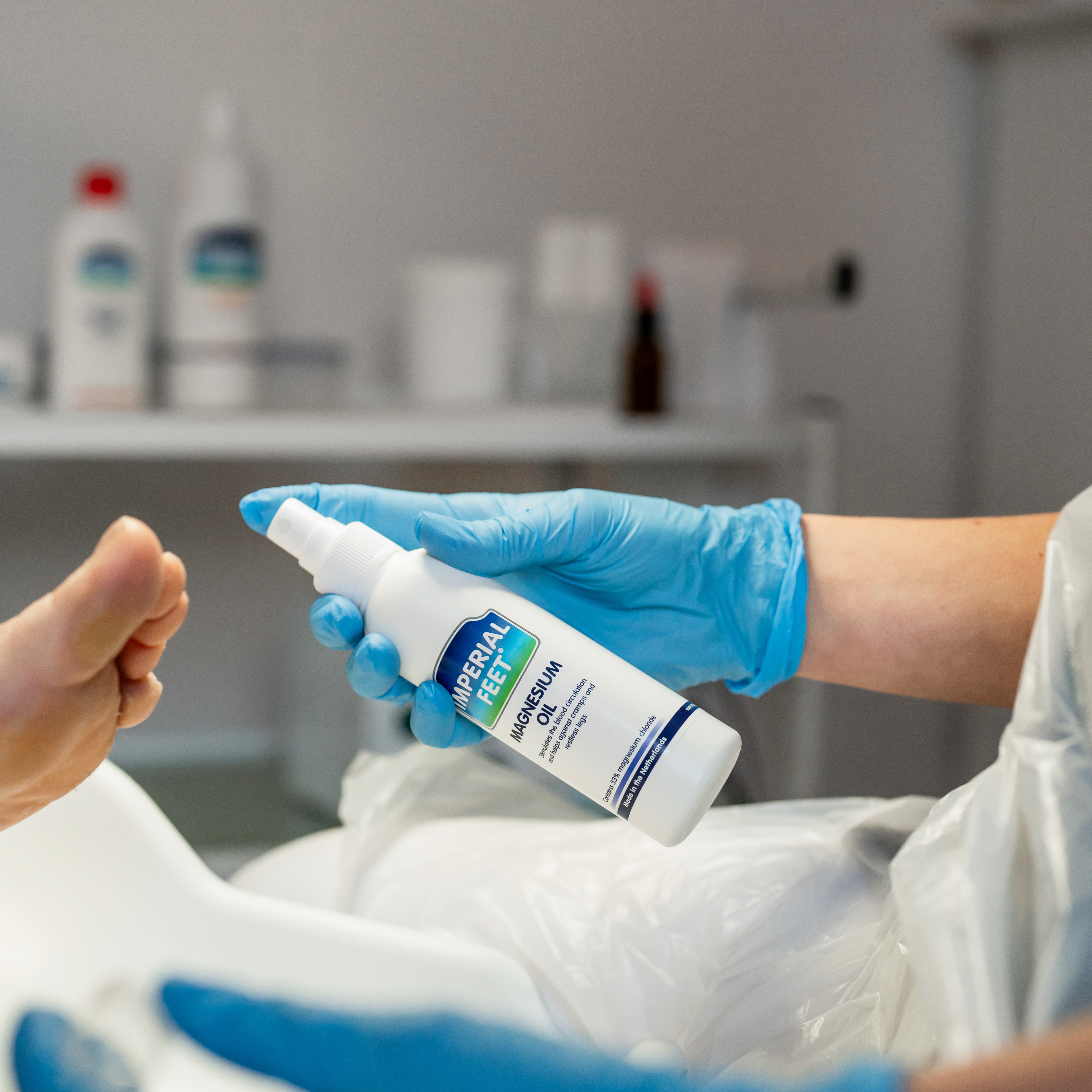
Magnesium Spray: Sleep, Recovery, and Skin Health Explained
Magnesium Spray: Sleep, Recovery, and Skin Health Explained In today’s fast-paced world, quality sleep, efficient recovery, and glowing skin are often seen as luxuries. But what if one natural mine...
Read more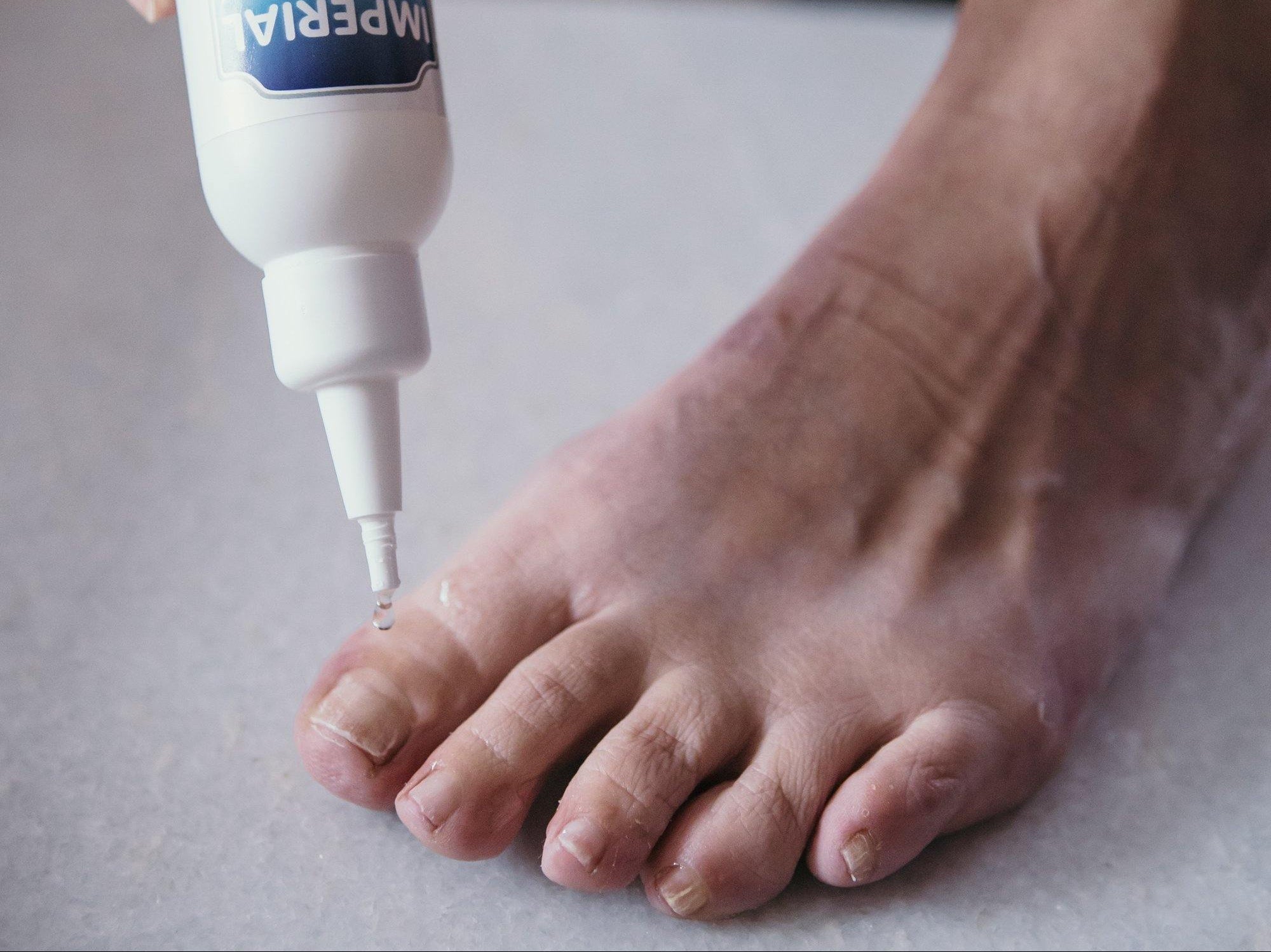
How to Get Rid of Yellow Toenails Fast
Yellow toenails can be embarrassing and uncomfortable, especially when sandal season rolls around. Whether caused by fungal infections, nail polish, or other conditions, discoloration is a sign you...
Read more
Home Remedies for Toenail Fungus: What Works?
Introduction Toenail fungus, or onychomycosis, is more common than most people think. It starts as a small white or yellow spot under the nail and can grow into a persistent infection that discolor...
Read more
How the Right Diet Can Help Prevent Foot Fungus
Foot fungus, such as athlete’s foot and toenail fungus, is a common yet frustrating condition that can affect anyone. While good hygiene and proper foot care are essential for prevention, many peop...
Read more
How Moisturizing Your Feet Can Help Prevent Nail Fungus: Essential Tips for Healthy Feet
Keeping your feet healthy often starts with a simple step: moisturizing. While most people remember to moisturize their hands and face, feet are often neglected, even though they’re exposed to cond...
Read more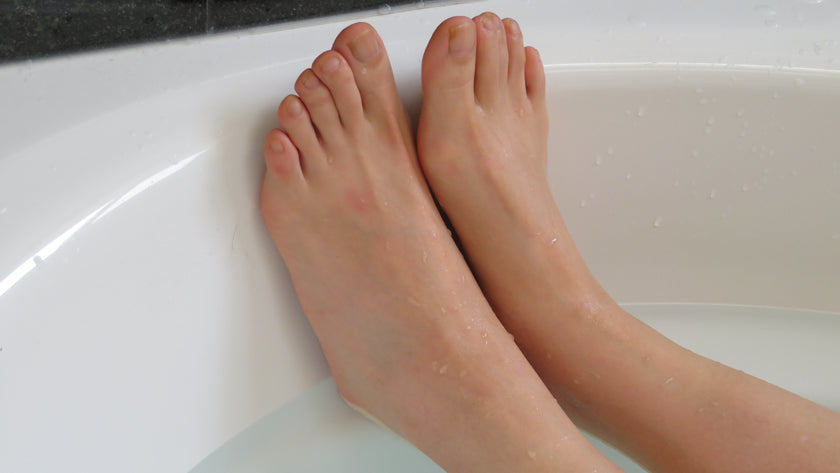
The differences between athletes foot and nail fungal and how to treat them
Athlete's foot and nail fungus are two common fungal infections that affect the feet. While they share some similarities, they are not the same condition. In this blog, we'll explore the difference...
Read more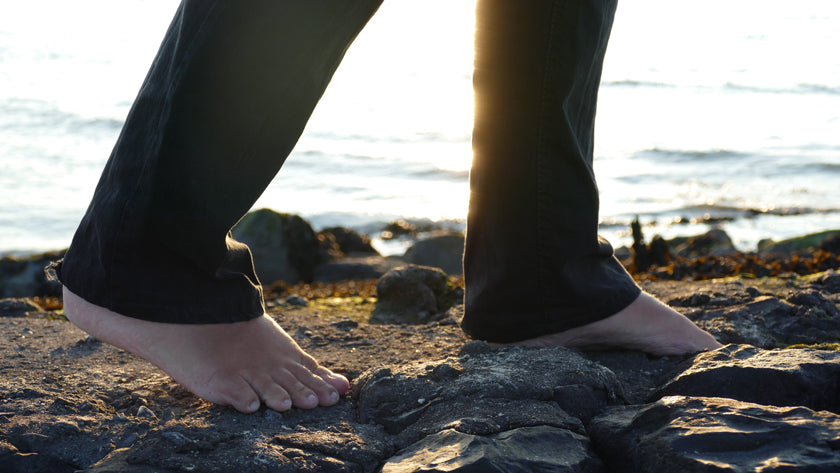
How do you easily prevent dry feet?
As we age, our skin becomes drier and less elastic, making it more susceptible to cracking and dryness. The feet are particularly vulnerable to dryness because they bear the weight of our body and ...
Read more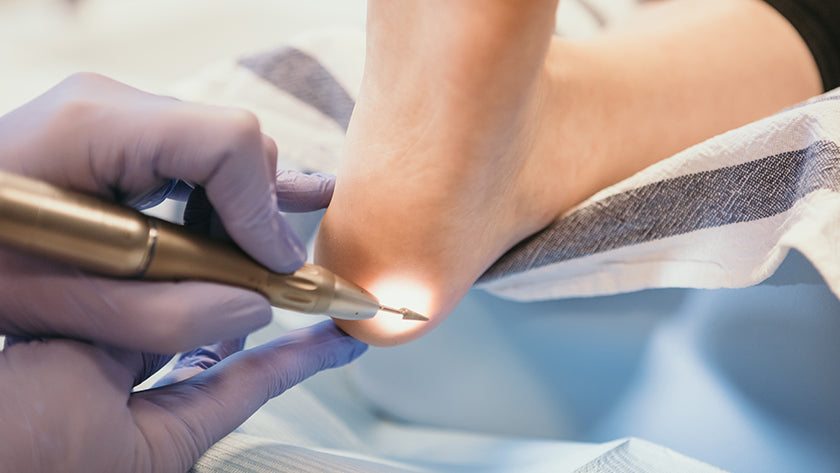
Podiatrists are highly qualified healthcare professionals who are able to identify problems with the feet and legs and offer appropriate solutions. This article gives you more information about pod...
Read more
Why are your child's feet so stinky?
If your child's feet smell unpleasant, we explain why and how you might be able to solve it. In this way, this common childhood problem will no longer be embarrassing for the little ones. Let's beg...
Read more
